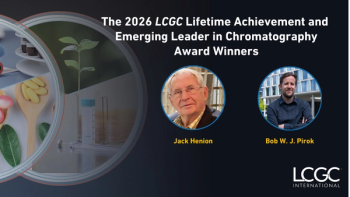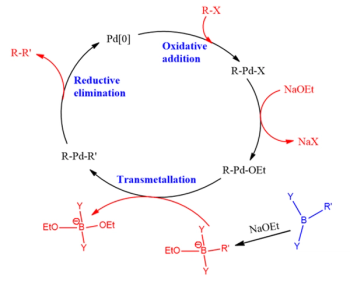
Erin Baker Receives the Georges Guiochon Faculty Fellowship
Erin Baker, an associate professor at North Carolina State University in Raleigh, North Carolina, is the 2022 recipient of the Georges Guiochon Faculty Fellowship. The Fellowship honors the memory of Georges Guiochon and recognizes his major contributions to high performance liquid chromatography (HPLC), including his interest in fostering the careers of young people in separation science.
Erin Baker, an associate professor at North Carolina State University in Raleigh, North Carolina, is the 2022 recipient of the Georges Guiochon Faculty Fellowship. The Fellowship honors the memory of Georges Guiochon and recognizes his major contributions to high performance liquid chromatography (HPLC), including his interest in fostering the careers of young people in separation science.
The Fellowship recognizes the work of a full-time faculty member at a U.S. academic or government institution who is within 10 years of his or her first independent research appointment and includes a $15,000 research grant. As the 2022 Fellow, Baker will present specially dedicated lectures at the HPLC 2022 symposium in San Diego, California, held June 19-24, 2022, and at the HPLC 2023 symposium in Dusseldorf, Germany.
Baker and her group use multidimensional separation techniques such as liquid chromatography, ion mobility spectrometry, and mass spectrometry to evaluate molecules present and changing in biological and environmental systems. The group’s projects include the development of high-throughput analyses to study numerous samples in a short period of time as well as informatics studies to evaluate the complex multi-omic data acquired. Her talk at the HPLC 2022 conference is titled, “Combining Multidimensional Measurements with Standards and Isotopologue Workflows to Detect, Identify and Validate Molecules in Omic Studies.”
Baker was recently awarded the 2022 Biemann Medal at ASMS in Minneapolis, Minnesota, for her significant contributions in the development and application of ion mobility spectrometry–mass spectrometry technologies.
Newsletter
Join the global community of analytical scientists who trust LCGC for insights on the latest techniques, trends, and expert solutions in chromatography.




